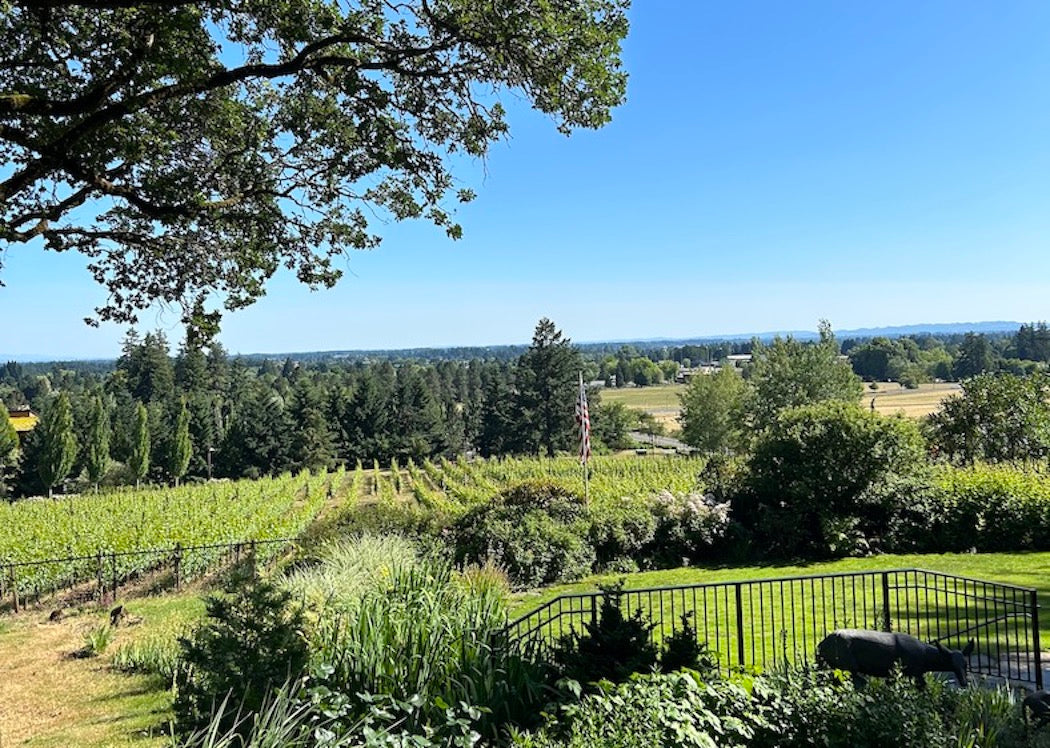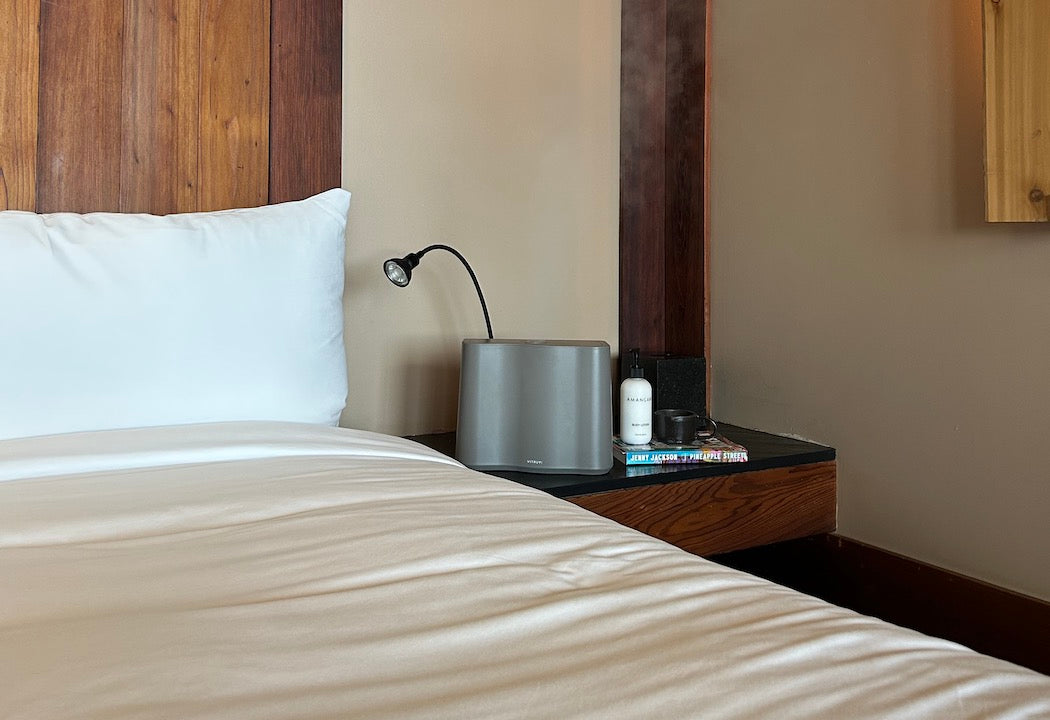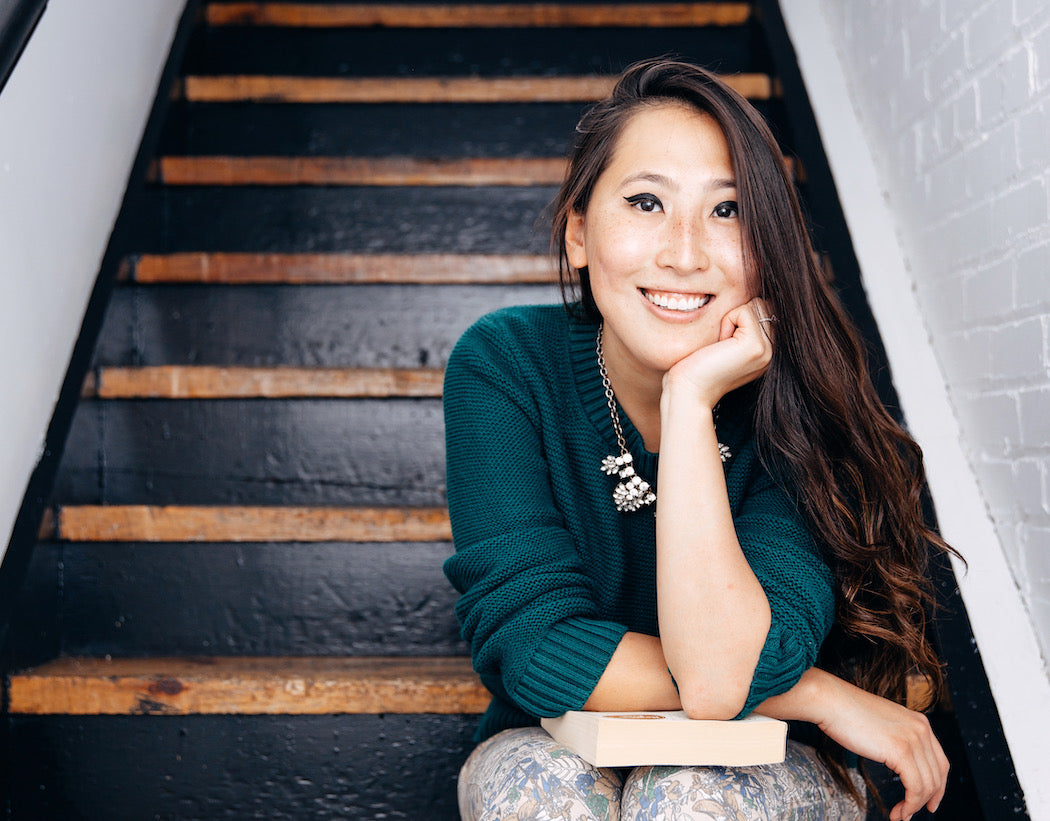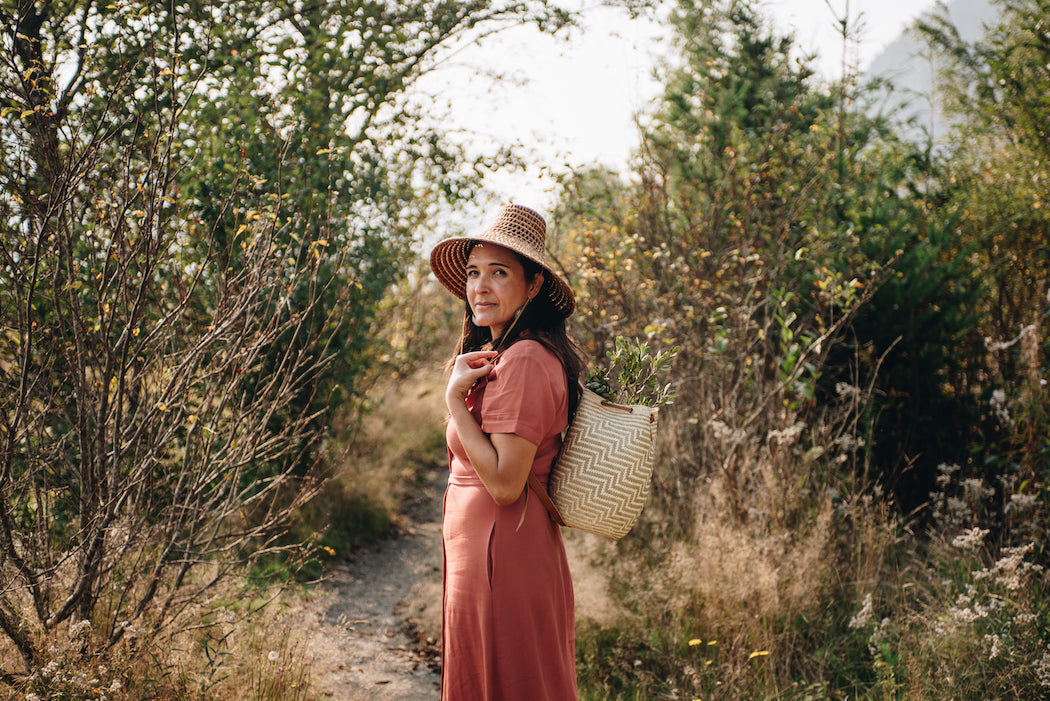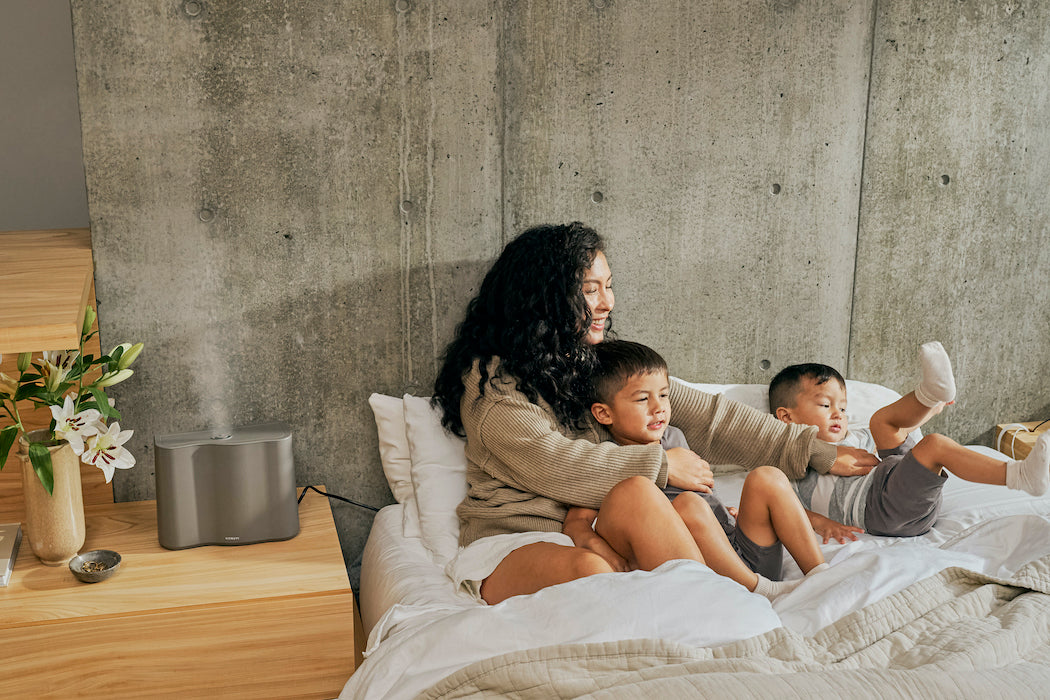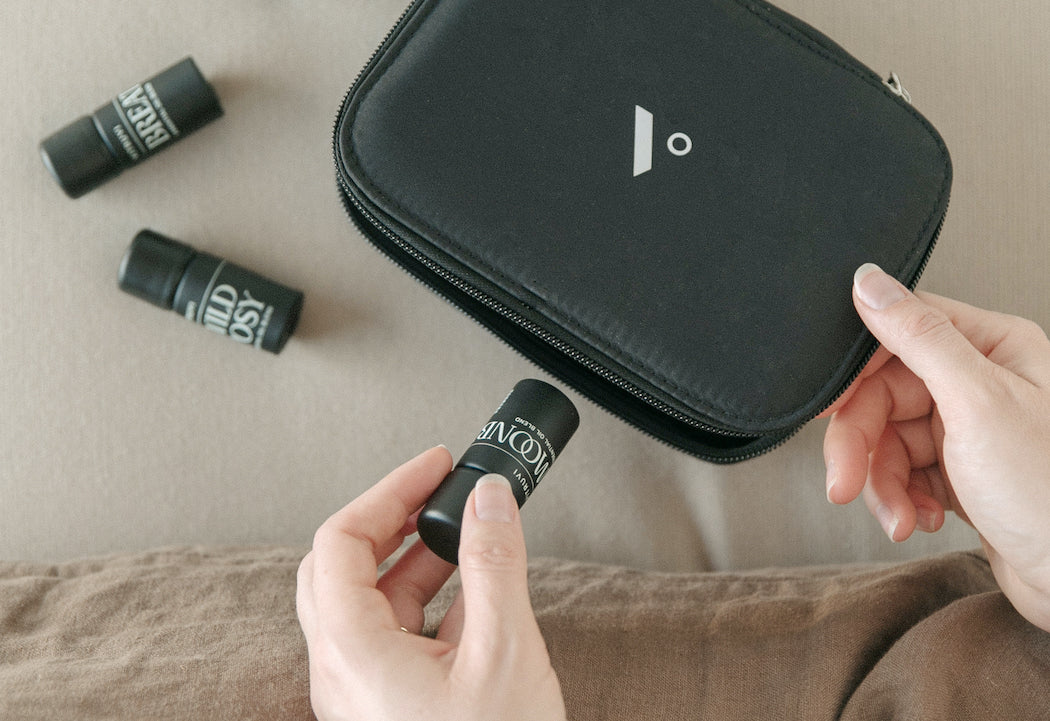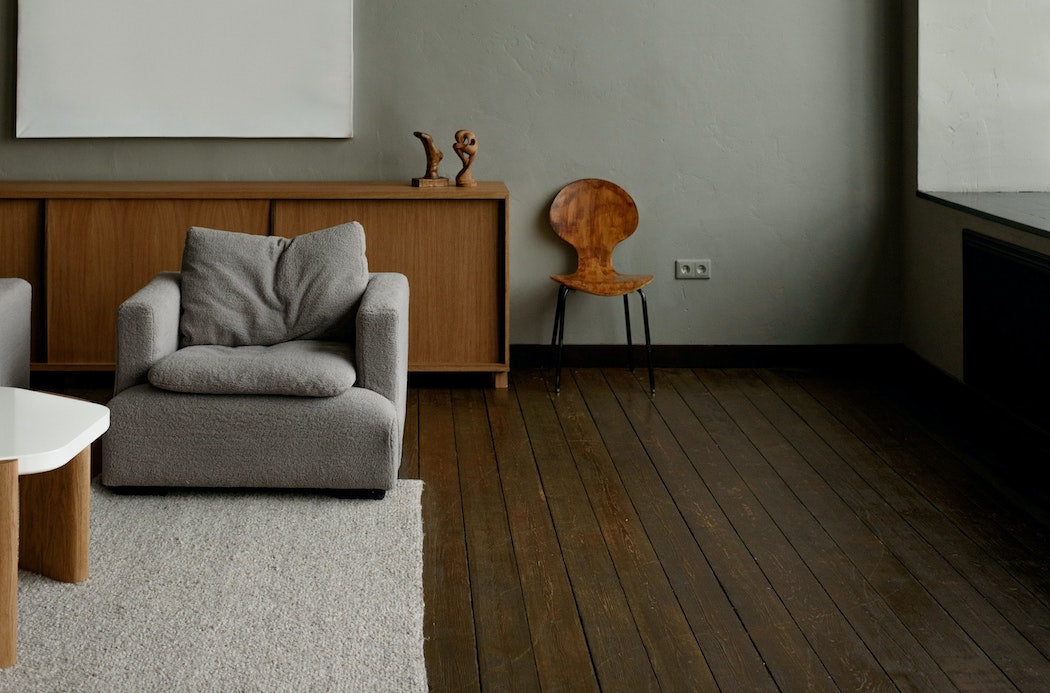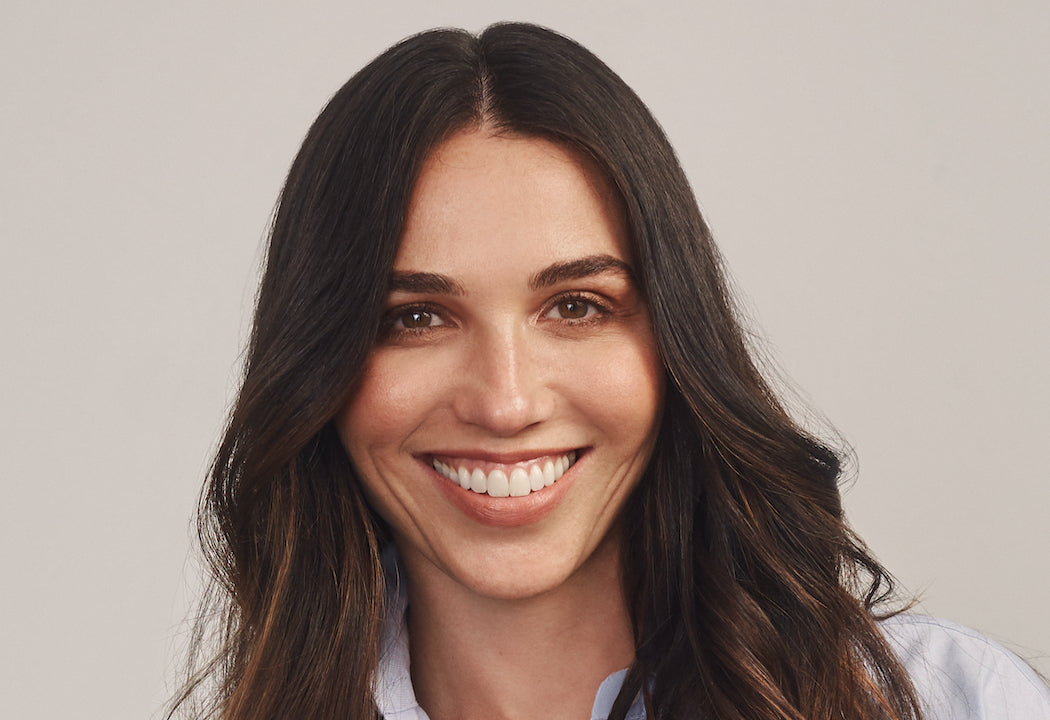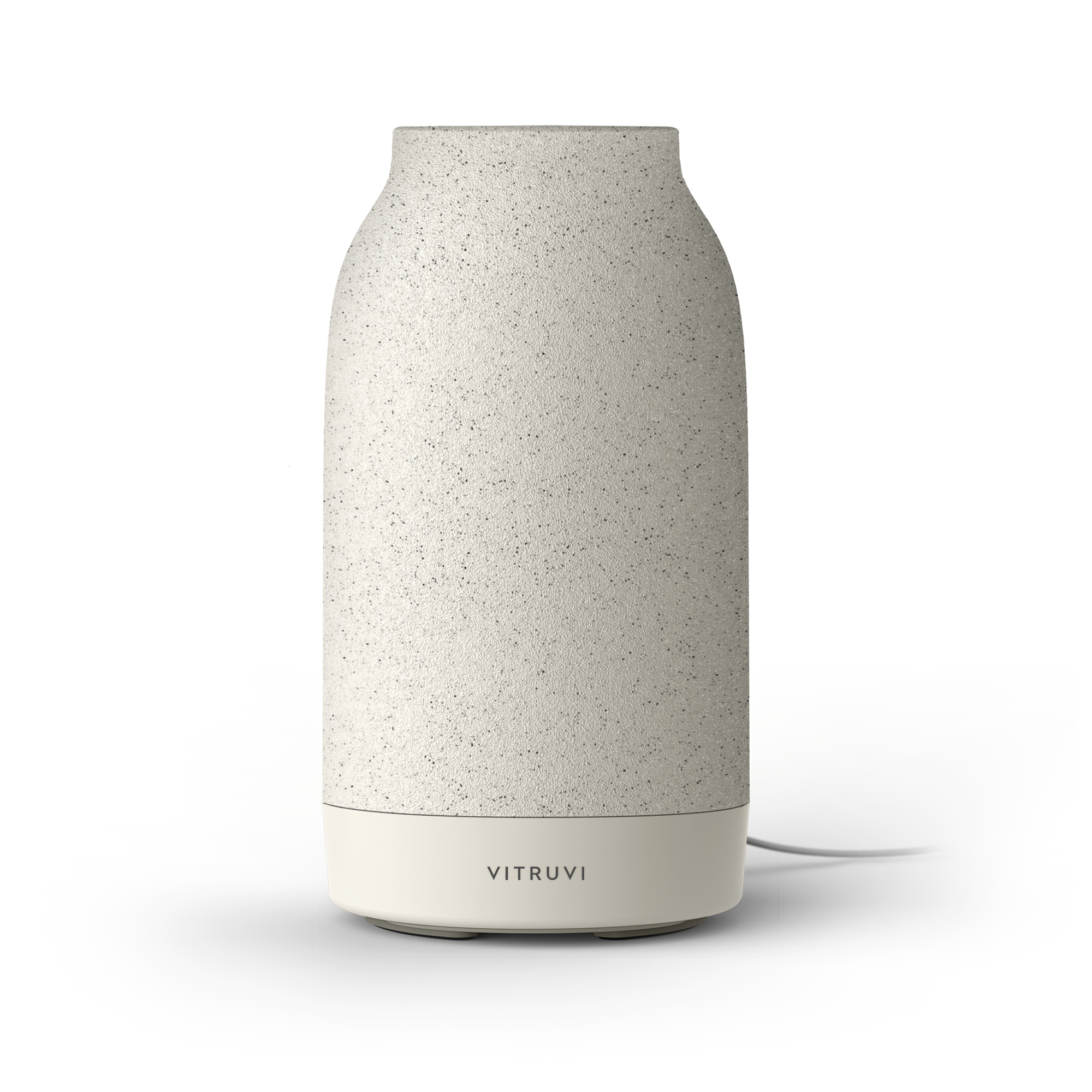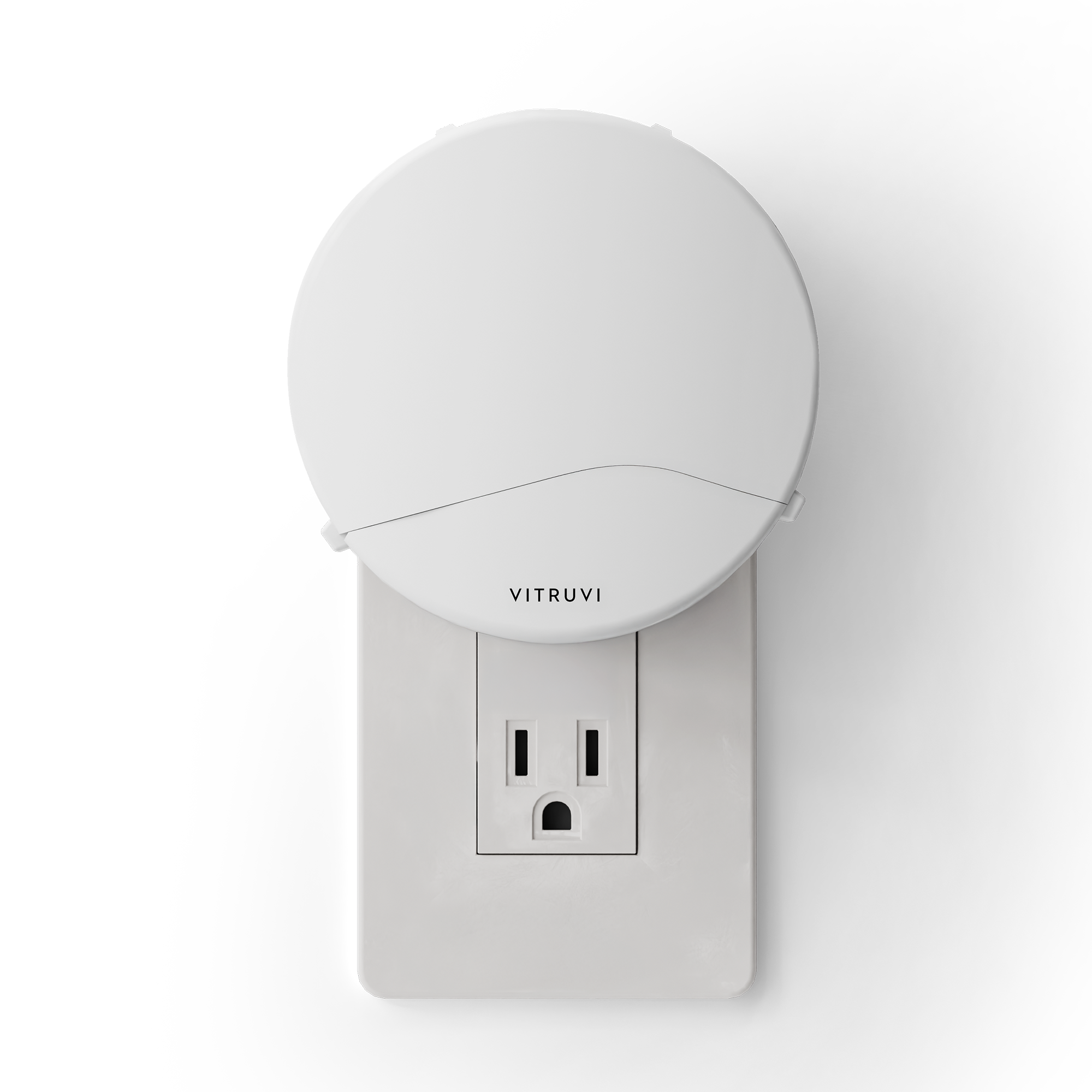When racial justice educator Rachel Ricketts was in kindergarten, her teacher told her mother that she wasn’t ready to progress to the first grade. The reason? Her brain just wasn’t as large as those of her white classmates.
The teacher—a white woman—incorrectly assumed that Ricketts’ mother, a white-passing Black woman, had adopted her and would believe this patently racist characterization. She didn’t. In fact, Ricketts’ mother threatened to sue the school board, and five-year-old Ricketts moved on to grade one. And while she had no idea this conflict was happening at the time, it shaped how she experienced school and, on a larger scale, her place in the world.

“I distinctly recall knowing that I had to prove my intellect to others from first grade onward. I vowed to excel and exceed all expectations of me whenever and however I could. I thought I could accomplish my way out of the Black box I had been placed in,” she writes in her new book, Do Better: Spiritual Activism for Fighting And Healing from White Supremacy, a mindfulness-based guide to fighting white supremacy. “Needless to say, I was continuously disappointed by the impact of my efforts, and with few resources to make sense of it all at just five years old, I assumed the oppression I faced was of my own making.”

This wasn’t just due to one experience with a white teacher, of course; Ricketts internalized these messages because she grew up as a Black girl in mostly white spaces in Vancouver. But the process of unlearning those harmful lessons eventually led her to develop the idea of spiritual activism, which she defines in Do Better as “daily, active, ongoing anti-oppressive thought, speech, and actions informed by a connection with a secular or non-secular spiritual power.” For her, anti-racism must start by looking within ourselves.
“A lot of the activism that we see is this external, tangible, collective-minded way of trying to elicit change, and a lot of times, particularly for white folks, it’s like, ‘Oh, I’m going to partake in activism, but it’s about the things that are outside and separate from me,’” says Ricketts, who is currently based on Vancouver Island, via phone. “The most important piece is the understanding that we all partake in systems of white supremacy—we all partake in systems of oppression—because we live on the planet Earth. So, the work that I believe is required is really an internal one: being able to understand we are all connected as human beings, but we are not having the same experience.”
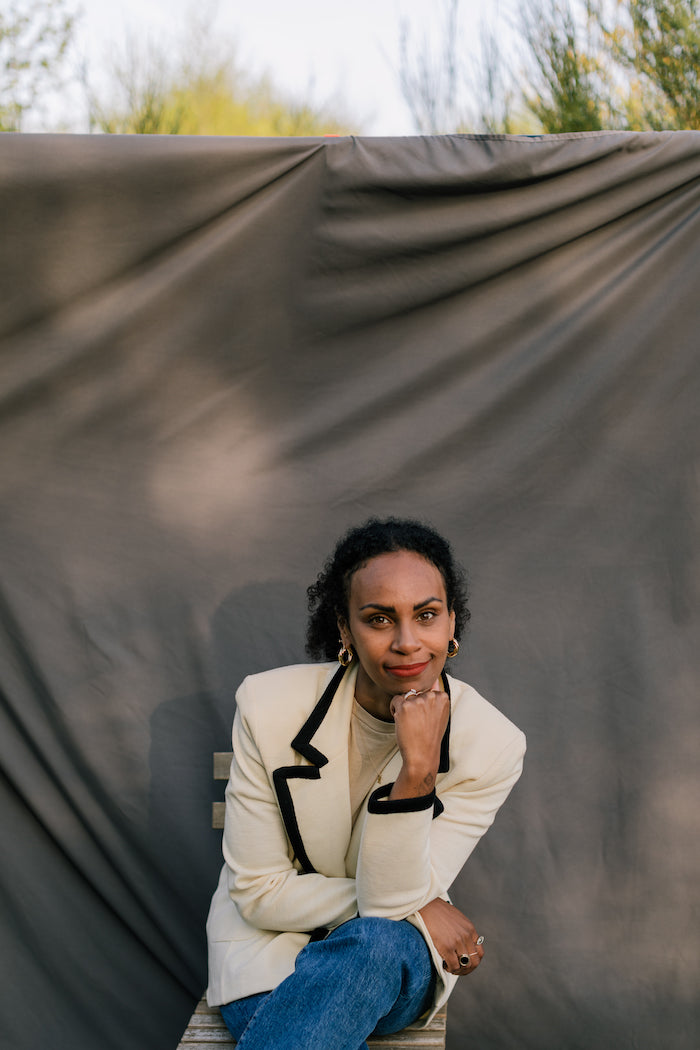
It’s an approach that has clearly resonated. Ricketts has more than 250,000 Instagram followers; has worked with companies including Lululemon, WeWork, Google, and The Wing on their anti-racism efforts; and has been featured in publications including Shondaland and Goop.
Still, her path wasn’t without its curves. Fighting injustice has always been her mission, but she has done so in many different ways over the years—including through the legal system. She references astrology when explaining what drew her to law. “I’m a Virgo. So, I believe strongly in order, practicality, fairness. Equity and justice have always been a guiding force in my life,” says Ricketts. “Part of what led me to law school was that I was envisioning scales [as a representation of those things]. I wanted to do international human rights.”

The actual experience of law school was completely different from what she expected, though—heartbreakingly so. “To be in a space that felt so exclusive, to walk the halls and [see all these] white faces, and to have all white professors, and have conversations about the law as though it was handed down by God, when it’s like, ‘No: old white men created these laws so that they could have and maintain their power and privilege to the exclusion of everybody else.’ I quickly realized that law has nothing to do with justice,” she reflects. “We’d have conversations about property without having any conversation about the stolen land we were on. It was just absolutely ludicrous.”
Styling by Diane Rudge. The full interview is available exclusively in Natural Habitat Print Issue No. 1. Order your copy here.


